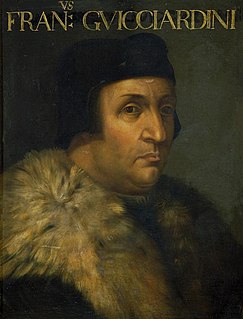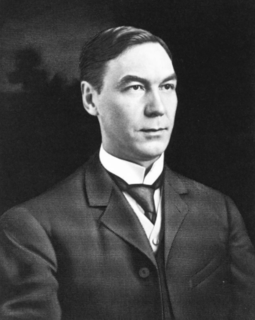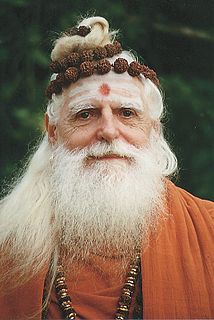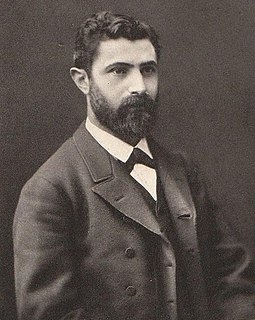A Quote by Francesco Guicciardini
The return we reap from generous actions is not always evident.
Related Quotes
Whatever you desire for yourself, affirm it for others, and it will help you both. We reap what we sow. If we send out thoughts of love and health, they return to us like bread cast upon the waters; but if we send out thoughts of fear, worry, jealousy, anger, hate, etc., we will reap the results in our own lives.
The simple recognition that everyone else wants to be happy and not to suffer, just as I do, serves as a constant reminder against selfishness and partiality. It reminds us there is little to be gained from being kind and generous while hoping to win something in return. Actions motivated by a desire to earn a good name for ourselves are still selfish, even if they appear to be acts of kindness.
Karma is not fate, for man acts with free will, creating his own destiny. The Vedas tell us, if we sow goodness, we will reap goodness; if we sow evil, we will reap evil. Karma refers to the totality of our actions and their concomitant reactions in this and previous lives, all of which determines our future.
If we can manage to refrain from harming others in our everyday actions and words, we can start to give more serious attention to actively doing good, and this can be a source of great joy and inner confidence. We can benefit others through our actions by being warm and generous toward them, by being charitable, and by helping those in need.






































